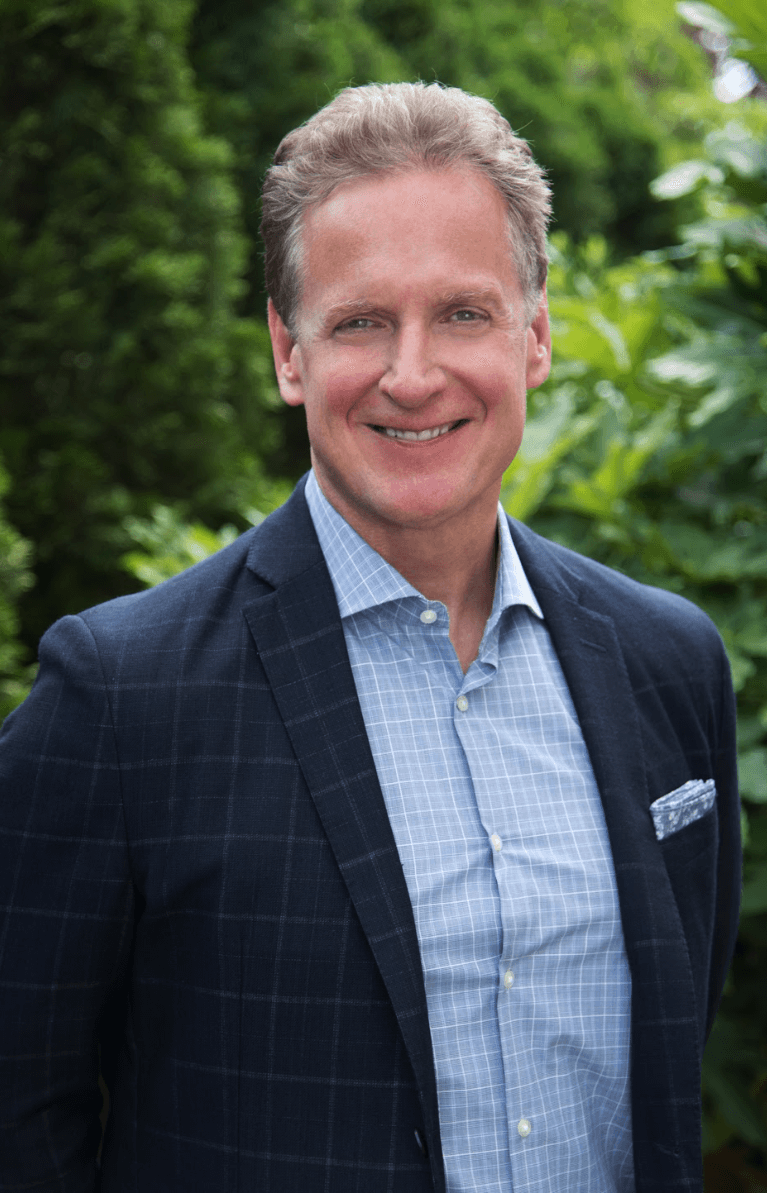Amid a rapidly evolving healthcare landscape, the urgent issue of physician turnover prompted the President of Jackson Physician Search, Tony Stajduhar, to initiate a comprehensive study to dissect the causes and derive sustainable solutions. This pressing concern, rooted in the continuous demand to address vacancies caused by varying physician tenures and retirement, underscored the need for a deeper understanding of the dynamics at play.
Their study’s objective was to arm hospitals and medical groups with robust, actionable insights that could significantly reduce recruitment difficulties and enhance the stability of medical staff, ultimately ensuring consistent patient care and operational efficiency. Let’s explore more about this study and its results.
What Is the Average Recruitment Cost?
The average recruitment cost can exceed $250,000, with potential lost revenues exceeding $1 million. The recruitment process demands significant time and effort on the company’s part. Physician turnover rates vary, but on average, they can be as high as 20% annually.
However, amid the unprecedented challenges posed by the pandemic, the average annual physician turnover rate has remained relatively stable, typically fluctuating between 6-7% over the past 30 years. Despite the widespread impact of the pandemic, the turnover rate has not exhibited a significant increase, defying expectations of a substantial surge in physician relocations. This resilience in turnover rates amidst the pandemic reflects the enduring stability of physician mobility within the healthcare industry.
The Balance Act of a Cultural Fit and Clinical Acumen
The debate between hiring for clinical acumen or cultural fit is a longstanding problem regarding physician recruitment. Both clinical expertise and cultural alignment are crucial for the success of a medical team. Here are some key considerations:
Clinical Acumen
- Expertise in specialty
- Proven track record of patient care
- Ability to adapt to evolving medical practices
Cultural Fit
- Alignment with organizational values
- Effective collaboration with existing team members
- Commitment to patient-centered care
A balanced approach that encompasses clinical acumen and cultural fit is essential. While clinical proficiency ensures high-quality care, cultural fit fosters a cohesive and harmonious work environment, leading to better patient outcomes and overall organizational success.
Are Formal Orientation Programs Essential for New Physicians?
Formal orientation programs are crucial in integrating new physicians into the organizational culture and ensuring seamless adaptation to the clinical environment. Here are some key reasons why formal orientation programs are essential:
Integration Into Organizational Culture
- Facilitates understanding of organizational values and mission
- Promotes alignment with the hospital or medical group’s ethos
- Enhances collaboration and teamwork among medical staff
Acclimatization to the Clinical Environment
- Provides insight into clinical protocols and procedures
- Ensures familiarity with electronic medical records and administrative systems
- Facilitates introductions to key department heads and support staff
By offering comprehensive orientation programs, healthcare organizations can empower new physicians to deliver high-quality care while fostering a sense of belonging and commitment to the institution’s success.
Effective Ways To Engage and Retain Physicians in Healthcare Leadership
Engaging and retaining physicians is vital for the long-term success of healthcare organizations. By implementing effective strategies, hospitals and medical groups can foster a supportive and fulfilling environment for their medical staff. Here are some critical approaches to engage and retain physicians:
Establish Strong Communication Channels
- Encourage open dialogue and feedback
- Provide avenues for physicians to voice concerns and suggestions
- Regularly communicate organizational updates and initiatives
Promote Work-Life Balance
- Offer flexible scheduling options
- Support wellness programs and initiatives
- Recognize and address physician burnout
Provide Professional Development Opportunities
- Offer mentorship programs for career growth
- Facilitate access to continuing medical education (CME) resources
- Encourage participation in research and innovation projects
By prioritizing effective communication, work-life balance, and professional growth, healthcare organizations can create an environment that promotes physician engagement and retention, ultimately contributing to enhanced patient care and organizational success.
The Impact on Physician Mental Health and Burnout
Physicians have faced unprecedented challenges. This has led to a significant impact on their mental well-being and an increased risk of burnout. The following factors highlight the pandemic’s influence on physician mental health:
Inordinate Workload
- Extended work hours and overwhelming patient caseloads
- Heightened stress due to resource shortages and healthcare system strain
Personal Health Concerns
- Fear of contracting the virus and transmitting it to loved ones
- Limited access to adequate personal protective equipment (PPE)
- Challenges in balancing work commitments with personal health and safety
Psychological Impact
- Elevated levels of anxiety, depression, and trauma-related symptoms
- Emotional exhaustion and compassion fatigue from prolonged crisis management
- The strain on interpersonal relationships and social support networks
Addressing physician mental health and burnout is imperative to sustain a resilient healthcare workforce and ensure optimal patient care amidst the ongoing pandemic challenges.
Envisioning the Future Demand for Physicians
In the evolving healthcare landscape, the demand for physicians is expected to surge, driven by various factors reshaping the industry. Here’s a glimpse into the future demand for physicians:
Population Growth and Aging
- Rapid population growth and an aging demographic will escalate the need for healthcare services
- Increasing prevalence of chronic conditions necessitating ongoing medical care
- Demand for specialized care for age-related health issues and complex medical conditions
Healthcare Access and Equity
- Efforts to enhance healthcare access and address disparities will require a larger physician workforce
- Expansion of healthcare services to underserved communities and rural areas
- Focus on promoting preventive care and early intervention to improve population health
Technological Advancements
- Integration of innovative technologies and telemedicine will create new avenues for patient care
- Emergence of specialized fields such as digital health, genomics, and personalized medicine
- Demand for physicians with expertise in leveraging advanced medical technologies
As the healthcare landscape continues to evolve, the future demand for physicians will necessitate strategic workforce planning and innovative recruitment approaches to ensure the availability of skilled and diverse medical professionals to meet communities’ evolving healthcare needs.
Retaining experienced physicians is crucial for the stability and continuity of healthcare organizations. While numerous retention programs exist, their effectiveness hinges on physicians’ awareness and engagement. The challenge lies in bridging the gap between program availability and physician knowledge. With physicians’ involvement, these initiatives may succeed in achieving their intended impact.
Key Takeaway for Healthcare Leadership
The ongoing global pandemic has significantly impacted the healthcare industry, leading to heightened levels of physician burnout and mental strain. This underscores the importance of prioritizing physician well-being and creating supportive work environments. Healthcare organizations must proactively address physician burnout and mental health concerns to ensure the resilience and effectiveness of their medical staff. Organizations can foster a culture of care and sustainability by implementing strategies to support physician well-being, ultimately contributing to enhanced patient outcomes and organizational success.
A Healthcare Leader’s Favorite Book and Quote
President of Jackson Physician Search Tony Stajduhar said they are looking for a captivating read that delves into the complexities of the healthcare industry and the resilience of medical professionals. “When Breath Becomes Air” by Paul Kalanithi is a poignant memoir that chronicles the author’s journey from neurosurgeon to patient battling terminal illness.
Kalanithi’s introspective narrative offers profound insights into the intersection of medicine, mortality, and the human experience. It also makes a compelling and thought-provoking exploration of life, death, and the pursuit of purpose. With eloquent prose and profound reflections, this book resonates deeply with readers, offering a profound perspective on the profound impact of the medical profession and the resilience of the human spirit.
“I’m still a doctor.” Despite the upheavals and challenges, physicians often find resilience in their unwavering commitment to their profession and patients, embodying the enduring dedication that defines the medical community.




